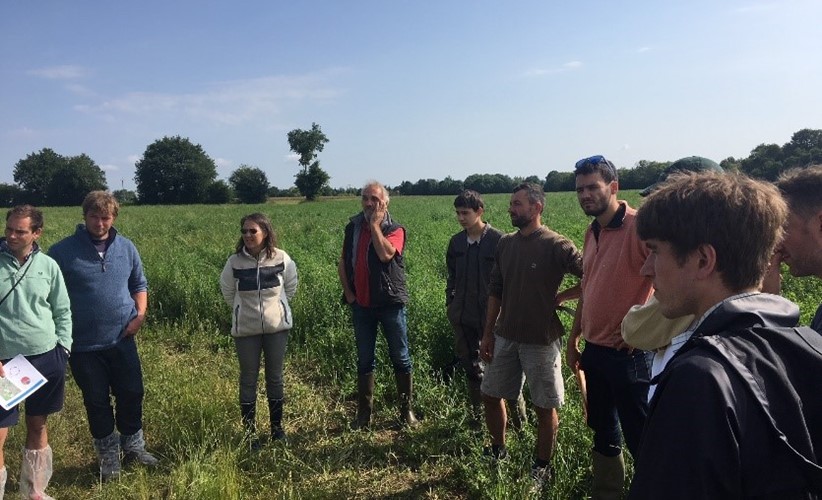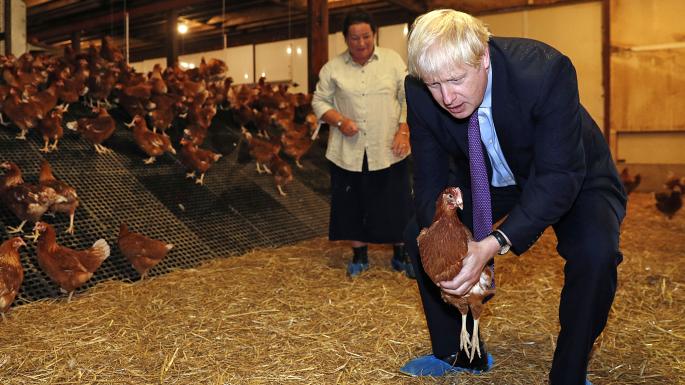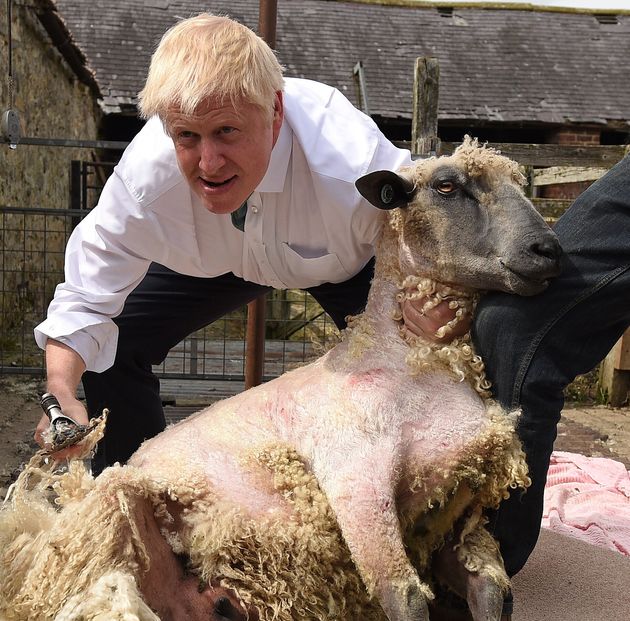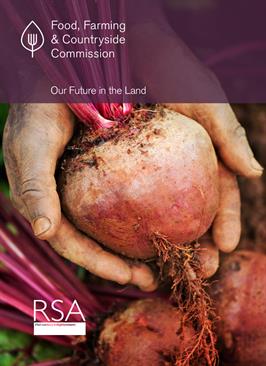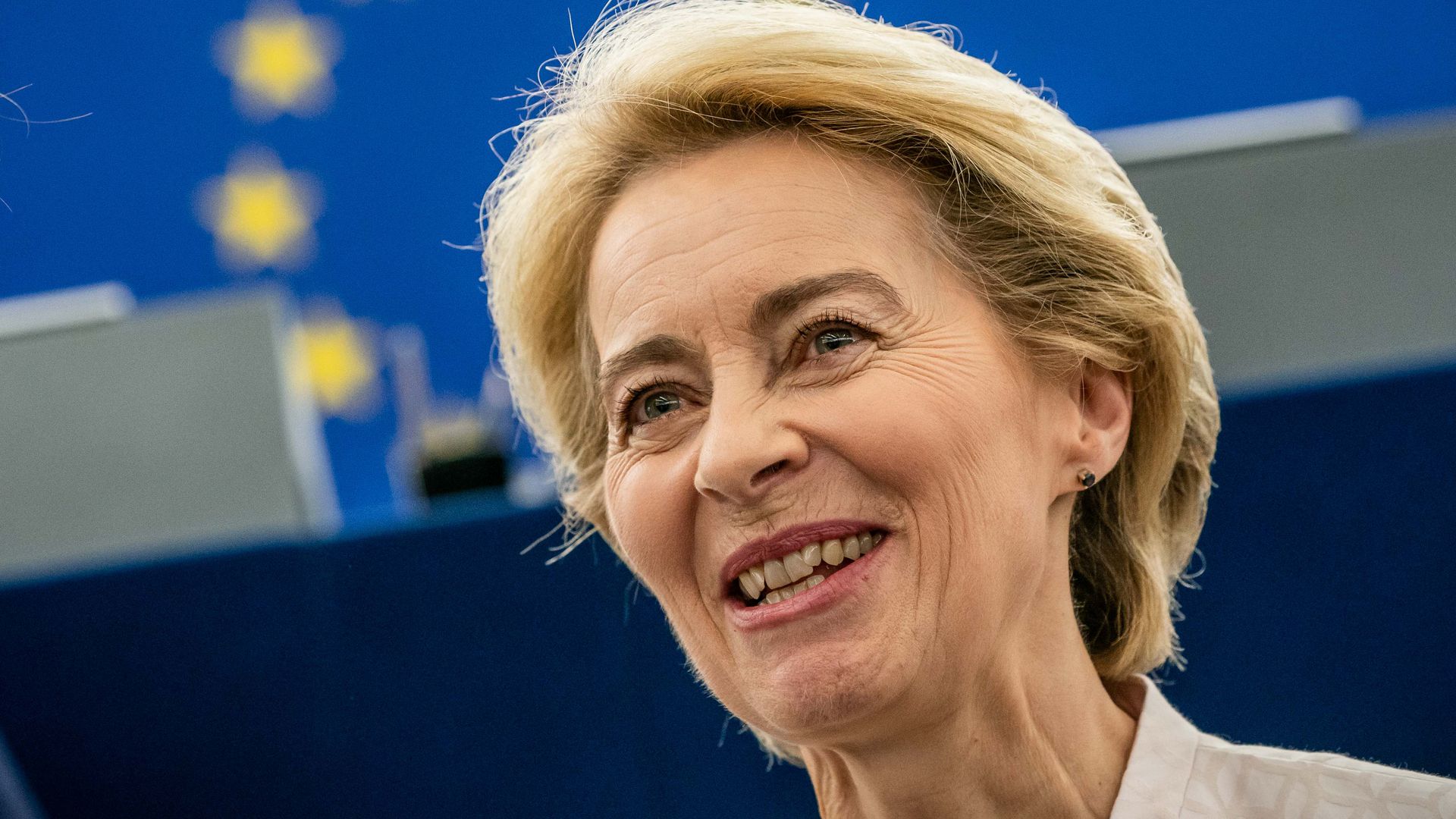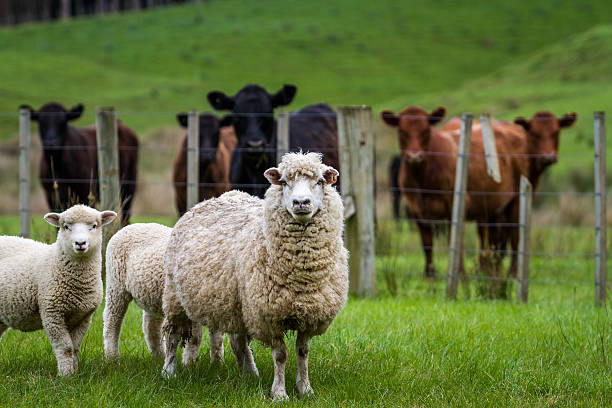The Welsh farming industry has another chance to comment on post-Brexit support policy. As we wrote last month, a further consultation has been launched on the design of the Sustainable Farming Scheme. The consultation, ‘Sustainable Farming and Our Land’, will run until 30th October 2019.
Details of the scheme are obviously still being worked-out; as well as the consultation, a process of ‘co-design’ with farmers, foresters, advisors and academics is scheduled to start in the autumn. However, some key features are likely to be included in whatever emerges.
A ‘Sustainable Farming Payment’ will effectively replace the BPS and Glastir. This will be an annual payment to land managers that rewards ‘sustainable farming practices’. This will be based on four principles;
- it provides a meaningful and stable income stream. There will be multi-year contracts with fixed payment rates which will help offset market volatility. Payment rates will not be constrained by the ‘income foregone’ calculation, and there is an indication that the scheme will be set up so that the SFP can be a significant income stream into farm businesses.
- it rewards outcomes in a fair way. It is clear that the support will not simply be available ‘as of right’ like the BPS. Farmers (and foresters) will be required to deliver ‘outcomes that are not rewarded by the market’. As there is a market for food production, this will not be specifically supported under the scheme. However, the provision of public goods will be rewarded. Note the focus on ‘outcomes’ – it may not be enough to simply follow defined practices, it may be necessary to show that these are actually having the desired effect.
- it pays for both new and existing sustainable practices. Criticism of past agri-environment schemes was that they paid land managers for changing from harmful practices, but did not reward those already ‘doing the right thing’. The SFP looks to change this.
- it can be flexibly applied to every type of farm. If the SFP is to be a realistic replacement to the BPS there is an acknowledgement that all farms must have a realistic chance of getting into the scheme and it not be restricted to certain geographies or farm types.
In addition to the annual payments under the SFP, there will also be significant business support. This will focus on advice, capital investment and skills development.
In terms of advice, it is envisaged that entry to the scheme will be conditional on a Farm Sustainability Review that produces a Farm Sustainability Plan. The farmer would put this together with an accredited advisor and it would set out what the farm could do to receive annual payments under the SFP and what business support would be useful. Business support would come in three mains forms: business capacity and skills, capital investment to enhance sustainability, and knowledge transfer and specialist skills.
The capital investment strand could work in a similar way to the current Farm Business Grant. Business capacity, skills and knowledge transfer will build on best practice from existing advisory services – for example the Farming Connect advisory service and Glastir contract managers.
The transition to the new support arrangements has not been set out due to the continued uncertainty over Brexit timing and future funding levels. Likewise, detailed scheme eligibility and payment levels will not be decided on until later.
The consultation can be found at – https://gov.wales/revised-proposals-supporting-welsh-farmers-after-brexit
